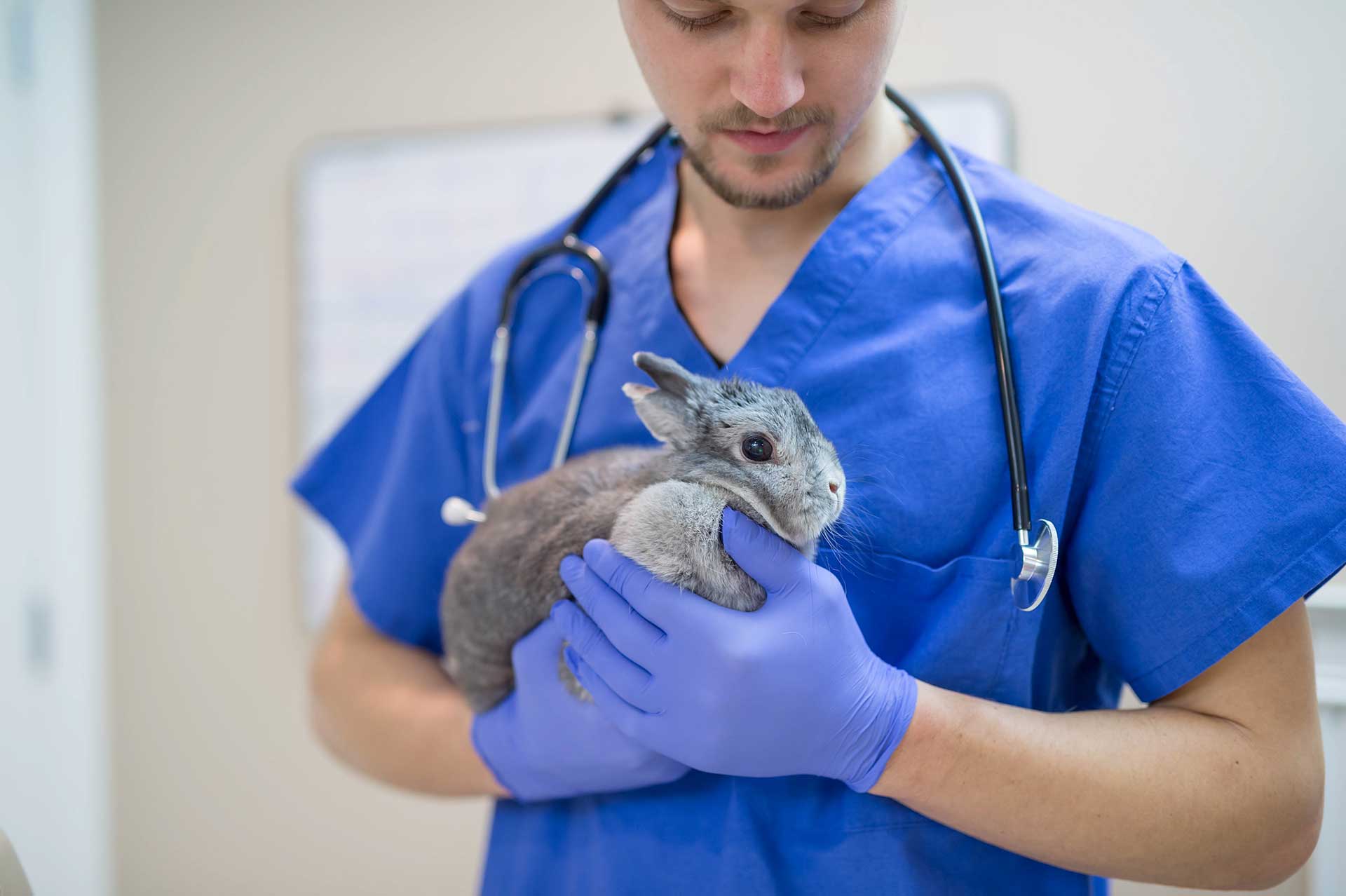Understanding Moral Stress as a New Veterinarian

Stress goes hand in hand within the human experience—and a certain amount is necessary for survival and optimal performance. But trouble arises when the systems in your body that allow you to quickly respond to perceived danger (i.e., sympathetic drive) are triggered chronically and never released.
As humans, we instinctively categorize events as “safe” or “not safe.” Circumstances deemed “not safe” activate the sympathetic nervous system, which results in elevated heart rate, increased respiration rate, decreased digestive activity and a cascade of hormones throughout the body. This response is optimal if you're facing a life-threatening event, such as being attacked by a lion.
But imagine experiencing this same response for everyday stressors, such as job interviews or first dates. In these situations, when you don’t actually have to flee for safety, the excess energy triggered by this response is left untapped. Over time, this can wreak havoc on your wellbeing.
One form of stress that confronts many veterinarians is moral stress—the inner conflict you feel when external factors prevent you from fulfilling your moral obligations or standing by your ethical principles. Veterinarians may be limited by clients’ financial circumstances or other factors that keep us from providing the highest standard of medical care—and that can cause moral stress.
Moral stress can be especially challenging because our normal stress-relief strategies may not help us deal with it. Professor Elizabeth Strand, PhD, director of veterinary social work and associate professor at the University of Tennessee, addressed the human perspective of compassion fatigue during the 2014 AVMA Humane Endings Symposium, using an illustration similar to this:
If you were simply overworked and burnt-out at your job, you would take a vacation and go lie on the beach. The rest and relaxation of this break away from your work would be rejuvenating and you would return to work refreshed. If moral stress was the instigator of your fatigue, you would lie on the beach and ruminate about the choices you’ve had to make and whether or not a patient suffered because you couldn’t give it the gold standard of care. As a result, you return from your vacation no less stressed out than when you left.
The more you understand the origins of your stress and fatigue, and how to manage those barriers to wellbeing, the better able you’ll be to sustain energy and passion.
What Can You Do?
It can be important to connect and talk with colleagues who share the same moral stressors. If your workplace doesn't have a regular debriefing to talk through emotional or moral dilemmas, you might suggest starting one—or just organize a regular after-work or lunchtime discussion group on your own. Other strategies:
- Find work at an organization or practice with a “moral climate,” where there are opportunities for employees to discuss moral dilemmas and get social support.
- Express yourself through writing. Professor Strand recommends making a daily habit of journaling for 15 to 20 minutes about what stressed you out that day. This helps you move events “from implicit to explicit memory, which helps you make better sense of it,” she says.
- Get enough sleep. Lack of sleep is associated with significant health problems and permanent brain damage.1-4
- Try Mindfulness-Based Stress Reduction (MBSR) meditation. Research over more than two decades has shown mental benefits from this type of meditation, which includes principles like these:
- Emphasize personal motivation and discipline. Commit to regular practice of meditation, even on days when you don’t feel like it. Consider your commitment an immediate lifestyle change, and make the time for it.
- Make each moment count. Be consciously aware of every moment while meditating, without considering the seconds or minutes going by. Be present in each moment.
- Think of everyday stressful experiences as challenges rather than chores. Give them a quality of adventure.
- Visit the UMass Memorial Health Center for Mindfulness for more information about MBSR.
As a new veterinarian, you can expect challenging situations, frustration and moral stress related to both your job and your life outside work. These are valid experiences that can be addressed in positive ways. See the other wellbeing resources that My Veterinary Life has for you.
References:
1. Bellesi M, de Vivo L, Chini M, et al. Sleep loss promotes astrocytic phagocytosis and microglial activation in mouse cerebral cortex. J Neurosci.2017 May 24;37(21):5263-5273.
2. Kincheski GC, Valentim IS, Clarke JR, et al. Chronic sleep restriction promotes brain inflammation and synapse loss, and potentiates memory impairment induced by amyloid-β oligomers in mice. BrainBehav Immun.2017 Aug; 64:140-151.
3. Malhotra RK. Neurodegenerative disorders and sleep. SleepMed Clin.2018 Mar;13(1):63-70.
4. Zhao Z, Zhao X, Veasey SC. Neural consequences of chronic short sleep: reversible or lasting? Front Neurol.2017 May 31;8:235.